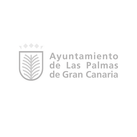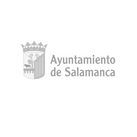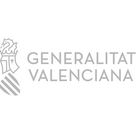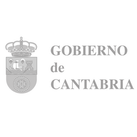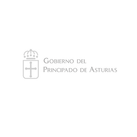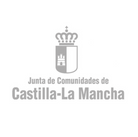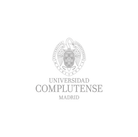What is it?
The Dialogues on the Future were an initiative of the Spanish Government, the European Commission, the European Parliament and 72 other public institutions (city councils, regional governments, foundations and universities) designed to promote plural and informed conversations about the opportunities and challenges that Spain and the EU will face in the post-covid world.
The Dialogues were held between September and December of 2021. They took place on 17 cities of the 17 Autonomous Regions of Spain. They comprised 100 round tables, 37 citizen workshops, and several meetings and cultural activities that were followed by more than 25,000 people in person or remotely.
Among its 550 speakers there were: 30 senior officials of the European Union, 50 top-ranks of the Spanish Government, 13 regional presidents and 20 members of regional governments, 30 mayors of towns and cities, 70 entrepreneurs from large, medium and small companies, 110 academics, 40 journalists, and 100 trade unionists, activists and leaders of the civil society.
The ideas expressed by speakers and citizens were incorporated into the agenda of the European institutions and used to guide the public policies of the Government of Spain.
We talked about the future of...
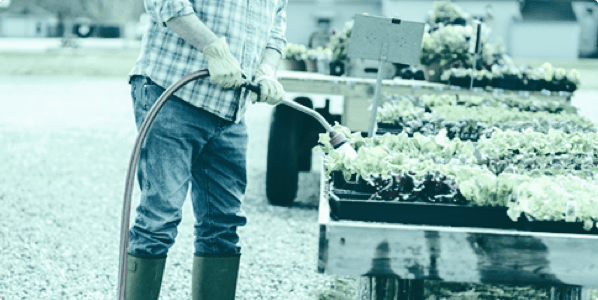
Businesses

Energy

Work

Cities

Circular economy

Digitalisation

Science and innovation

Inequality and poverty

Ageing

Young people

Gender equality
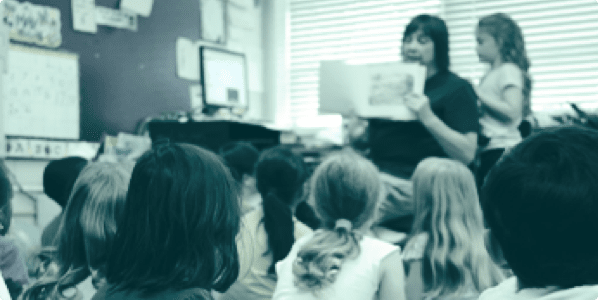
Education

Healthcare system

Depopulated Spain

Mobility and transport

Water

Higher Education

Closing ceremony
Frequently asked questions
The exchange of ideas and opinions is always necessary in democracy. But in September 2021, when Spain was just leaving behind the worst part of the Covid pandemic, that exchange was particularly needed. We fostered an open and diverse conversation across all the Spanish territories to reflect on the kind of country we wanted to become in the post-covid world and to identify the changes that we needed to make to fulfil that ambition.
The dialogues addressed most of the subjects that the experts of Spain 2050 identified as crucial for the country’s future. These subjects were assigned to each autonomous region on the basis of specific quantitative indicators:
- Andalucía: Because it registers some of the best indicators in business growth, having the highest number of gazelle companies in Spain.
- Aragón: Because it is one of the Autonomous Communities with most initiatives to fight rural depopulation.
- Islas Canarias: Because it has the lowest wage gap between men and women in Spain according to several indicators.
- Cantabria: Because it has the lowest youth unemployment rate in Spain and one of the most efficient labor markets of the country.
- Castilla y León: Because it has the best PISA scores in Spain.
- Castilla-La Mancha: Because it has one of the best transport and logistics infrastructure networks in Spain.
- Cataluña: Because it has one of the highest levels of digitalisation of companies in Spain according to several indicators.
- Comunidad de Madrid: Because it has one of the highest rates of higher education attainment in Spain and one of the best vocational training ecosystems according to several reports.
- Comunidad Foral de Navarra: Because it has the lowest levels of poverty and inequality in Spain.
- Comunitat Valenciana: Because it has one of the highest water reuse rates in Spain and several top-notch initiatives on water rationalisation and optimisation.
- Extremadura: Because it is a leading region in the generation of renewable energies.
- Galicia: Because it is one of the autonomous regions with the most senior citizens and centenarians.
- Illes Balears: Because it has the lowest percentage of waste sent to landfills in Spain and several leading recycling initiatives.
- La Rioja: Because it has the best rates of access to housing in Spain and has pioneering initiatives in the application of artificial intelligence to cities, with Logroño leading the Spanish network of smart cities.
- País Vasco: Because it has the highest R&D rates in Spain according to several indicators.
- Principado de Asturias: Because it has one of the best healthcare systems in Spain according to several indicators.
- Region de Murcia: Because it has the youngest population in Spain.
Over 550 speakers participated in the Dialogues: 30 senior officials of the European Union, 50 top-ranks of the Spanish Government, 13 regional presidents and 20 “consejeros”, 30 mayors of towns and cities, 70 entrepreneurs from large, medium and small companies, 110 academics, 40 journalists, and 100 trade unionists, activists and leaders of the civil society. Forty-seven percent of the speakers were women. Politicians from 10 different parties participated.
The speakers were chosen on the basis of their knowledge, their institutional position and their representativeness, seeking a gender balance and a significant diversity in terms of age, geographical origin and political sensitivity.
Of course! Hundreds of them participated. All round tables had a Q&A section open to the public. More importantly, the Dialogues comprised 37 workshops for citizens in which they were the protagonists and had the opportunity to express their views and shared their proposals.
The Dialogues were financed through the generosity of the 74 co-organising institutions. All of them did their bit to make the Dialogues possible.
Nothing. All speakers, facilitators and moderators participated ad honorem.




























